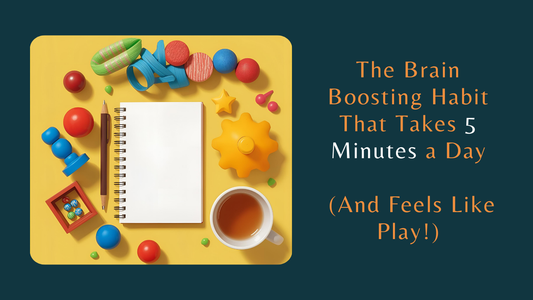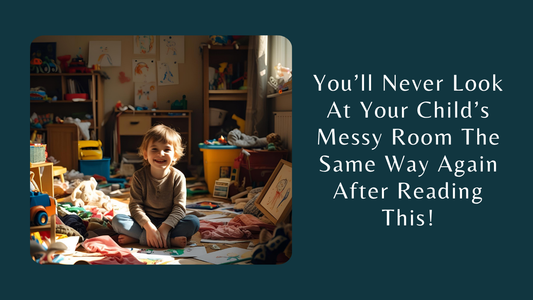Play is an essential component of childhood, and toys serve as powerful tools in a child's development. Beyond providing entertainment, toys stimulate a child's cognitive, physical, social, and emotional growth. Let's explore how different types of toys contribute to these crucial areas of development.
Cognitive Development
Toys play a vital role in stimulating a child's cognitive abilities.
Puzzles, building blocks, and educational toys encourage problem-solving, critical thinking, and logical reasoning. As children experiment with different toys, they develop spatial awareness, memory, and attention span. Pretend play helps them to understand the world around them, develop language skills, and imagine new possibilities.
Physical Development
Active play with toys contributes significantly to a child's physical development.
Balls, bikes, and outdoor toys encourage gross motor skills, such as running, jumping, and climbing. Building sets and construction toys enhance fine motor skills, hand-eye coordination, and dexterity.
Social and Emotional Development
Toys facilitate social interaction and emotional development.
Dolls, action figures, and pretend play sets encourage children to engage in imaginative play, developing social skills like sharing, cooperation, and empathy. Through play, children learn to express their emotions, resolve conflicts, and build friendships.
Importance of Choosing the Right Toys
Selecting age-appropriate and stimulating toys is crucial for optimal development.
Remember, the quality of playtime is just as important as the toys themselves. Engaging in interactive play with your child can enhance their learning experience and strengthen your bond.
By providing a stimulating play environment, parents can create a strong foundation for their child's future success.







